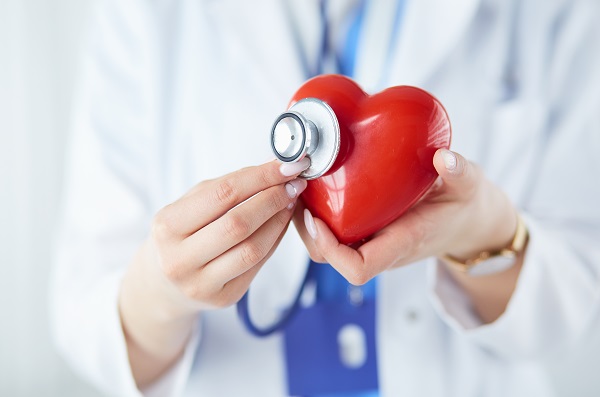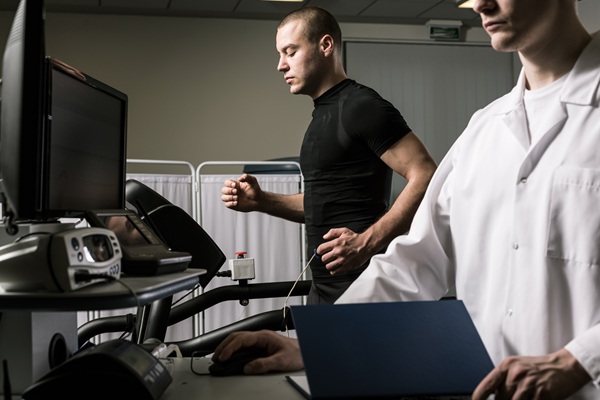Harmful Lifestyle Habits for Your Heart [Ask a Cardiologist]

Any cardiologist will tell you that if you want to live a long and happy life, you should treat your heart well. Every person wants to have a healthy heart but still, heart disease affects many people in the United States. The good news is that there are several things you can do that can help keep your heart healthy for many years. This also involves making lifestyle changes.
Health tips from a cardiologist
A person can significantly lower the likelihood of having any type of heart disease by adhering to healthy lifestyle habits. However, there are some things that people do that can have a negative impact on the heart. It is immensely beneficial for people to be aware of harmful lifestyle habits that can negatively affect the heart and then make changes to their routines. Here are some harmful habits for the heart and how to avoid them.
Smoking
Smoke from not only cigarettes but also cigars and pipes is bad for the heart and arteries. If a person smokes, quitting is highly encouraged. Even exposure to secondhand smoke is not ideal. Secondhand smoke is toxic, therefore, it should be avoided whenever possible.
Heavy drinking
For many people, moderate drinking is not bad. In fact, a daily drink may help the heart. Drinking small quantities of alcohol may reduce the risk of heart disease. However, more than one to two drinks a day for men and more than one for women is not recommended. Heavy drinking can lead to heart failure and high blood pressure.
Being inactive
Sitting for long periods of time is not good for the heart. People who avoid moving around and tend to sit for hours have a higher risk of heart failure compared to their counterparts with an active lifestyle. It is highly advisable for people to sit less and move more due to the benefits. For people whose jobs involve sitting at a desk all day, getting up and walking around for a few minutes at least once an hour is recommended. The small change in routine can keep blood flowing properly and arteries flexible.
An active lifestyle and exercise are vital to heart health. These can help prevent heart disease together with many other serious conditions. Exercising regularly can help strengthen the heart and blood vessels and can reduce blood pressure. Aerobic activities like jogging, swimming, cycling and brisk walking are good for cardiovascular fitness. However, a person should always check with the doctor if it is ideal to start an exercise program.
Takeaway
You probably know that eating a healthy diet and exercising on a regular basis is beneficial to the heart. However, you could still be undermining your efforts with some common bad habits. Some harmful lifestyle habits include smoking, drinking too much alcohol and being inactive. Aside from damaging the heart, these habits can also cause many other serious problems. This is why you should avoid tobacco, always exercise and be active and if you drink, limit your intake. If you want to learn more about habits you can take up for a healthier heart, talk to a cardiologist.
Get more information here: https://boyntonbeach.floridapremiercardio.com or call Florida Premier Cardiology at (561) 229-1411
Check out what others are saying about our services on Yelp: Read our Yelp reviews.
Recent Posts
According to the Centers for Disease Control and Prevention, heart disease is the leading cause of death for adults in the United States. Therefore seeking chest pain treatment is crucial, especially for those at high risk for heart disease. However, chest pain can result from various health issues, so how does one know when it…
A cardiac stress test is a diagnostic tool to evaluate how well the heart performs under physical stress. Cardiologists use this test to detect underlying cardiovascular conditions, monitor treatment progress, or assess the risk of future heart complications. Cardiac stress tests are essential in the early detection and management of heart disease.A cardiac stress test…
Peripheral arterial disease affects blood flow in the arteries, most commonly in the legs. It develops due to plaque buildup in the arteries that causes them to narrow and restrict circulation, possibly leading to discomfort, difficulty walking, and other serious complications. Recognizing the symptoms early and exploring treatment options can help improve the quality of…
Receiving cardiovascular treatment is a critical step in managing heart health, but recovery and long-term are equally vital to ensure long-term wellness. Whether the treatment involves medication management, interventional procedures, or surgery, maintaining a relationship with the cardiologist and following their recovery guidelines is crucial. A structured follow-up plan allows patients to maintain the benefits…


